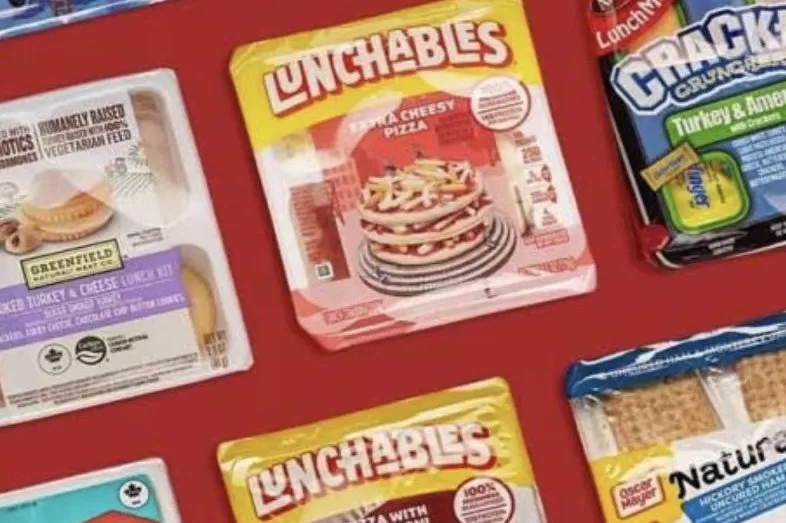Kraft Heinz is pulling Lunchables from the National School Lunch Program due to lower demand. Earlier this year, Consumer Reports found the meal kits contained high levels of sodium, lead and cadmium. Photo courtesy of Consumer Reports
Nov. 13 (UPI) — Lunchables, the colorful and convenient meal kits, are being pulled from school menus throughout the United States, after food manufacturer Kraft Heinz announced Tuesday that it would no longer offer the school lunch snack due to a drop in demand.
“Lunchables products are not available in schools this year and we hope to revisit at a future date,” Kraft Heinz said in a statement Tuesday.
The federally assisted National School Lunch Program, which provides low-cost lunches to nearly 30 million children, showed reduced demand for Lunchables after Consumer Reports found high levels of sodium, lead and cadmium in the kits earlier this year.
“We’re pleased that Heinz Kraft has pulled Lunchables from the school lunch program,” Brian Ronholm, director of food policy at Consumer Reports, said in a statement.
“The USDA should maintain stricter eligibility standards for school lunch programs so that the millions of kids that depend on it get the healthier options they deserve,” Ronholm added.
The two Lunchable options available in the school lunch program last year included Turkey and Cheddar Cracker Stackers and Extra Cheesy Pizza. Both were found to contain higher levels of sodium than the same products available in the grocery store, according to Consumer Reports.
The meal kits contained up to 930 milligrams of sodium level, despite the U.S. Agriculture Department’s proposed changes to school food guidelines, which call for reduced sodium and sugar.
While Consumer Reports also found higher levels of lead and cadmium in the kits, none of the levels exceeded the federal limit.
“We don’t think anybody should regularly eat these products and they definitely shouldn’t be considered a healthy school lunch,” said Eric Boring, a chemist who led the testing in April for Consumer Reports.
On Tuesday, Kraft Heinz called its Lunchables “NSLP compliant.”
“Last year, we brought two NSLP compliant Lunchables options to schools that had increased protein,” the company wrote in a statement. “While many school administrators were excited to have these options, the demand did not meet our targets.”
Kraft Heinz called the business impact of removing the meal kits from schools “negligible,” saying they amounted to “far less than 1% of overall Lunchables sales.”
